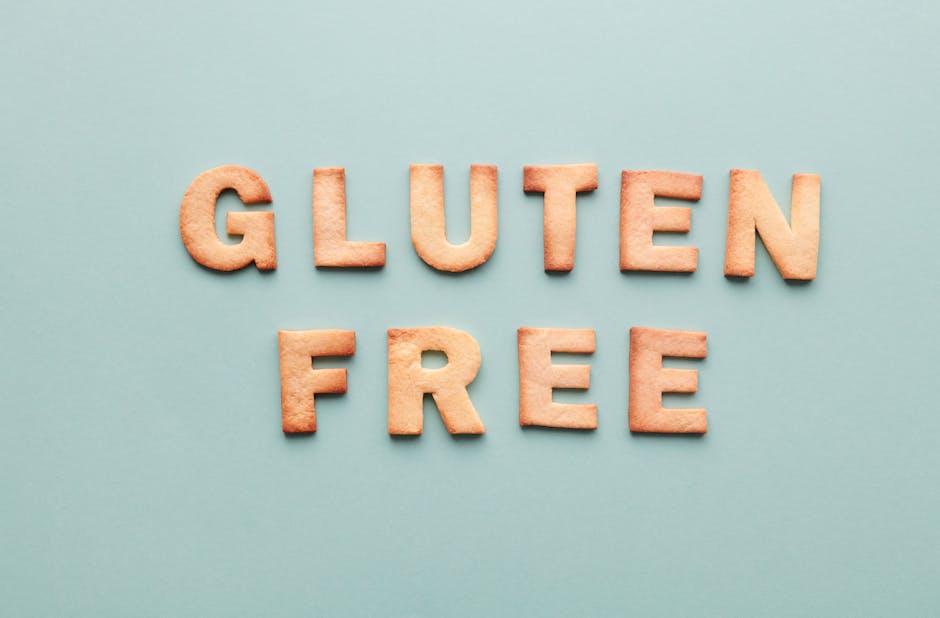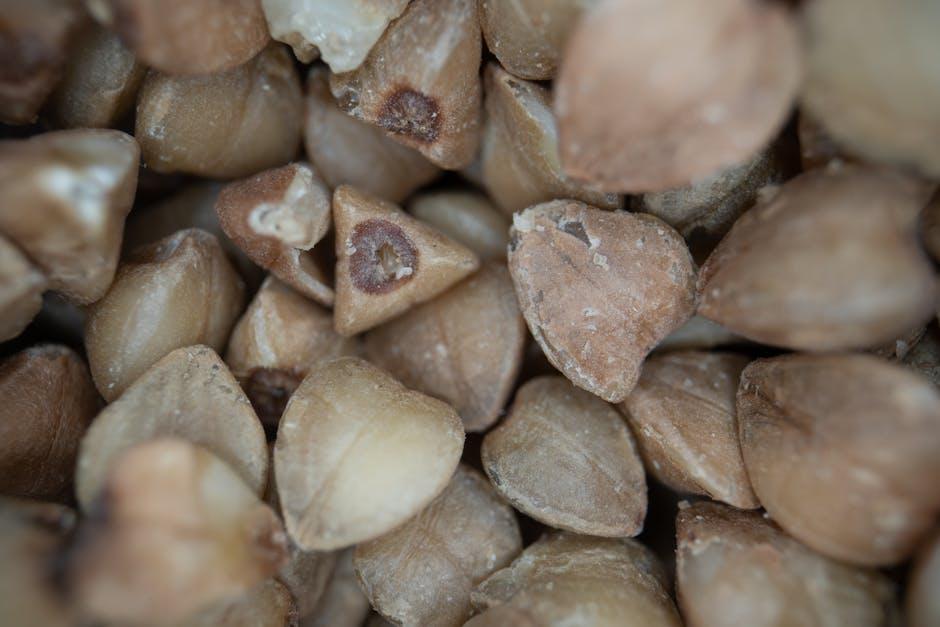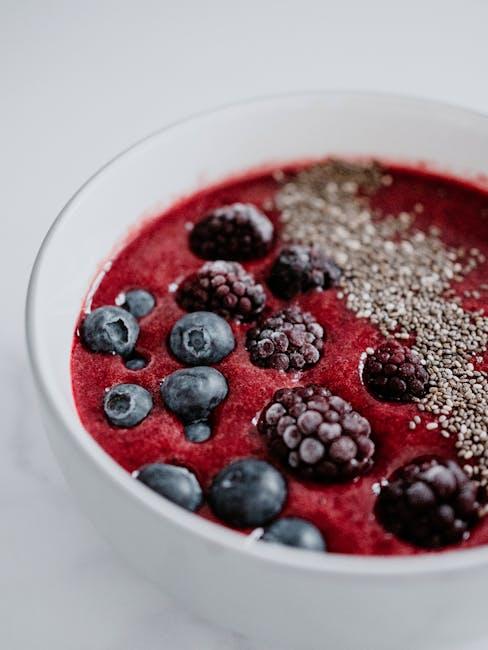In the ever-evolving landscape of dietary trends, gluten has emerged as a polarizing character. Once a humble protein found in wheat, barley, and rye, it now occupies center stage in discussions about health and wellness. For those diagnosed with celiac disease or gluten sensitivity, avoiding gluten is non-negotiable. But what about the rest of us? As gluten-free products flood supermarket shelves and restaurants proudly advertise gluten-free menus, a question lingers: ? This article delves into the science, myths, and motivations behind the gluten-free movement, guiding you through the maze of information to make an informed decision about your dietary choices.
Understanding Gluten: Myths and Realities
In the quest for optimal health, many people find themselves wondering about gluten. While it’s crucial for those with celiac disease or a gluten sensitivity to avoid it, the reality is that for most people, gluten is not the villain it’s often made out to be. Here are some common myths and the truths behind them:
- Myth: Gluten-free diets are inherently healthier.
Reality: A gluten-free diet can lack essential nutrients found in whole grains. It’s not automatically healthier unless properly balanced. - Myth: Gluten causes weight gain.
Reality: Weight gain is typically related to overall diet and lifestyle, not gluten itself. Cutting gluten without addressing other dietary habits may not yield desired results. - Myth: Everyone should avoid gluten.
Reality: For most people without a sensitivity, gluten is harmless and part of a balanced diet.
While it’s important to listen to your body and make dietary choices that suit your individual needs, it’s equally vital to base those choices on evidence rather than misconceptions. Always consider consulting with a healthcare professional before making significant changes to your diet.

Exploring the Health Implications of a Gluten-Free Diet
While a gluten-free diet is essential for those with celiac disease or gluten sensitivity, its health implications for the general population are more nuanced. On one hand, eliminating gluten can lead to healthier eating habits by encouraging the consumption of whole, unprocessed foods. However, it’s crucial to consider the potential drawbacks:
- Nutritional Deficiencies: Many gluten-free products lack essential nutrients such as fiber, iron, and B vitamins.
- Higher Costs: Gluten-free items often come with a heftier price tag, impacting your grocery budget.
- Misleading Health Halo: Just because a product is labeled gluten-free doesn’t necessarily make it healthier; it may still be high in sugars and fats.
Balancing Choices: If you’re contemplating going gluten-free without a medical need, consider consulting a nutritionist to ensure you’re making balanced and informed dietary choices.
Nutritional Considerations: What You Might Be Missing
- Fiber Intake: Many gluten-free products are made from refined grains and may lack fiber. This can impact digestion and overall gut health.
- Vitamins and Minerals: Gluten-containing grains often provide essential nutrients like B vitamins, iron, and zinc. When eliminating gluten, consider incorporating naturally gluten-free grains like quinoa and buckwheat to help maintain nutrient levels.
- Added Sugars and Fats: To enhance flavor and texture, some gluten-free foods may contain higher amounts of sugars and fats. Reading labels and opting for whole foods can help maintain a balanced diet.
It’s essential to remember that gluten-free doesn’t automatically mean healthier. A well-rounded diet with a variety of foods is key to ensuring you’re not missing out on important nutrients.

Making Informed Choices: Gluten-Free Lifestyle Tips
Embracing a gluten-free lifestyle can seem daunting, especially when you don’t have a diagnosed sensitivity. However, making informed choices can ease this transition. Start by exploring naturally gluten-free foods such as fruits, vegetables, and lean proteins. These not only align with a gluten-free diet but also promote overall well-being.
- Read Labels Carefully: Many processed foods contain hidden gluten. Familiarize yourself with terms like ”wheat,” “barley,” and ”rye.”
- Explore Alternatives: Opt for gluten-free grains like quinoa, rice, and amaranth to diversify your meals.
- Experiment in the Kitchen: Try new recipes that incorporate gluten-free flours such as almond or coconut flour.
Remember, the goal is to make choices that best suit your lifestyle and dietary needs, even if you’re just exploring the benefits of going gluten-free.





